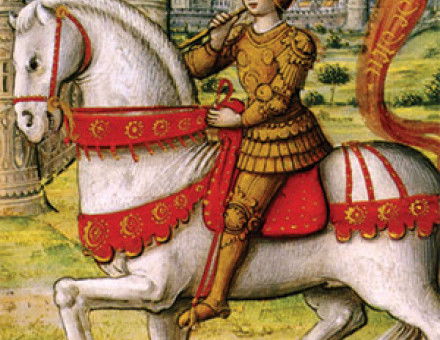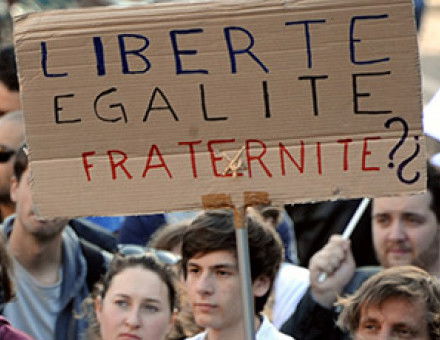The Abbey of Saint-Denis: A Royal Mausoleum
Established, by Louis IX at the burying-place of the French monarchy, in 1793 Saint-Denis was solemnly desecrated by order of the revolutionary Convention, determined to remove all “horrid memories” of the former royal line. By Peter Quennell.




